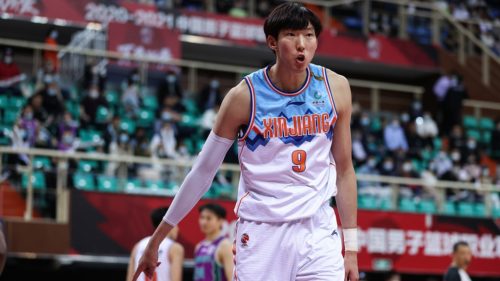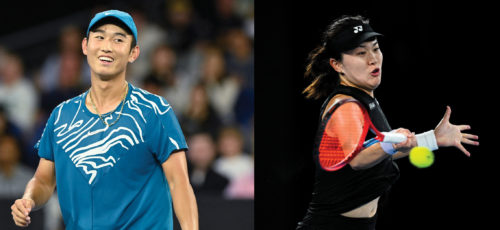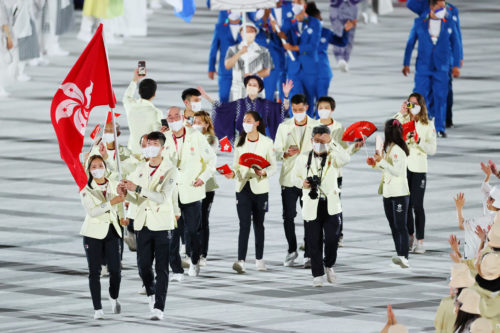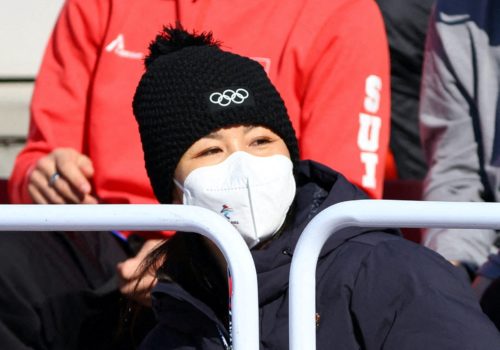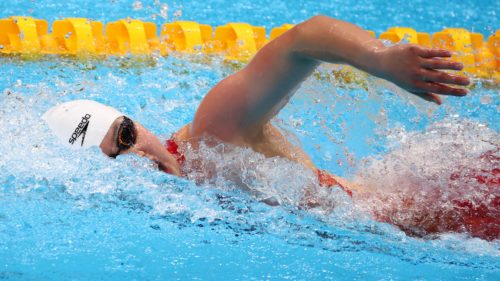China responds to U.K.’s call to boycott Beijing Olympics
Also: With the Summer Olympics around the corner, China has selected a national swim team that is notable for who's not on it.
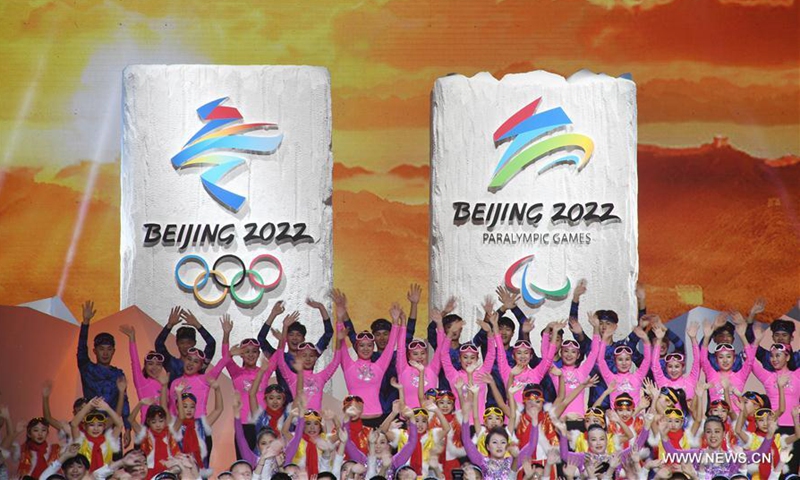
China’s Foreign Ministry has hit back against calls from British lawmakers to boycott the Beijing 2022 Winter Olympics. Last Thursday, spokesman Wāng Wénbīn 汪文斌 condemned the “politicization of sports,” stating that all attempts to boycott “will not succeed.”
This was in response to the U.K.’s House of Common Foreign Affairs Committee report on Wednesday urging the British government to partially boycott “by not participating in the opening or closing ceremonies; strongly discouraging U.K. businesses from sponsoring or advertising at the Olympics; encouraging fans and tourists to stay away.”
The MP’s report also stated that “the U.K. government should not send ministers, royal family members or senior representatives to participate in any official duties or ceremonies at the Beijing Olympics” until an UN on-the-ground investigation in Xinjiang.
“China firmly opposes the politicization of sports and the interference in other countries’ internal affairs by using human rights issues as a pretext,” Wang said. “Attempts to disrupt, obstruct and sabotage the preparation and convening of the Beijing Winter Olympic Games out of political motivation have been met with strong opposition from all sectors of the international community.”
The U.K.’s report follows a non-binding resolution for EU diplomats to boycott the Games.
The EU vote, which also included other resolutions calling on the EU to impose further sanctions and provide a safe haven for Hong Kong journalists, was passed overwhelmingly, 578 to 29, with 73 abstentions.
While the report by British lawmakers and the resolution by the EU are non-binding, they represent a further increase in pressure on the Beijing Olympics.
Previous calls for a boycott within European politics have come from individual politicians and rights groups, whereas the latest series of statements have come directly from official governmental bodies.
At this stage, calls for a total athlete boycott have remained somewhat in the background.
~
Star swimmers Ye Shiwen and Liu Xiang miss out on Olympic selection
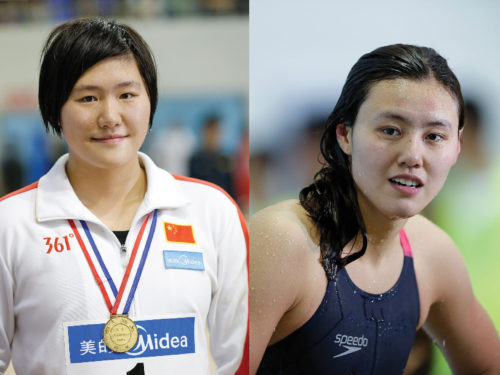
The Chinese swim team arrived in Tokyo ahead of the start of the Games — which begins July 23 — without double gold medalist Yè Shīwén 叶诗文 and world-record holder Liú Xiāng 刘湘.
The pair are perhaps the biggest surprise omissions from a squad that is also missing Rio bronze medalist Fù Yuánhuì 傅园慧 and the banned Sūn Yáng 孙杨.
Ye Shiwen burst onto the Olympic stage at London 2012 at the age of just 16, winning gold in the 200m and 400m individual medley, setting a new world record in the 400m. During the record-setting swim, Ye did the freestyle leg of the medley faster than men’s gold medalist Ryan Lochte.
However, her achievements in London were called into question with allegations of doping.
Ye struggled with consistency afterwards. At Rio 2016, the then-20-year-old only managed eighth place in the 200m IM, while failing to qualify for the 400m IM final.
She seemed to have recaptured her best form at the 2019 World Championships, when she won two silvers in her favored events, but it turns out those results were not enough.
Liu Xiang, the current 50m women’s backstroke record-holder, has also seen her stock drop in the eyes of the Chinese national team selectors.
The 24-year-old Asian Games gold medalist became the first woman to break the 27-second barrier in the event — but the 50m backstroke is not an event at the Olympics, which forced Liu to attempt to get to Tokyo in the 50m freestyle instead.
Despite setting a national 50m freestyle record in 2020, Liu missed out to Zhang Yufei and Cheng Yujie.
On the other hand, Rio 2016 breakout star Fu Yuanhui missed out after being disqualified for a false start in the semifinals in the national selections in May. The 25-year-old also did not show up to the follow-up event a month later.
The squad of 30 athletes arrives in Tokyo with a high chance of securing medals. China’s biggest gold medal hopes come from the men’s 100m backstroke specialist and 2019 World champion Xú Jiāyú 徐嘉余 and women’s 1500m freestyle Asian Games gold medalist Wáng Jiǎnjiāhé 王简嘉禾.
The swimming events in Tokyo start on July 24 and run until August 1.
~
Other Stories:
Nike lose ground to rivals in Chinese market following Xinjiang cotton boycott (Bloomberg)
Chinese language sportscaster spreading the love for hockey among Chinese Canadians (CBC)
Shanghai Sharks’ Guo Haowen pulls out of NBA Draft (SCMP)
Esports giants Ninjas in Pyjamas to merge with Chinese team (CNA)
The China Sports Column runs every week on The China Project.
